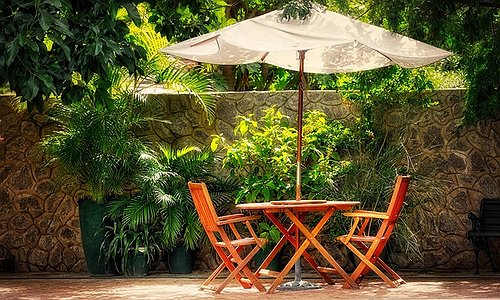Have a plan B when calling emergency services
The South African Police Service (SAPS) and other emergency management services are often inundated with emergencies to address. When every passing minute can make a life or death difference, it is imperative for South Africans to have a plan B in the event that emergency personnel don’t arrive soon enough.
According to Brigadier Vishnu Naidoo, Section Head of Corporate Communications at the SAPS, the 22 call centres used nationwide to take crime-related calls to the 10111 emergency number, receive an average of 29499 calls per day. That equates to 20 emergency calls every minute!
A worryingly large percentage of these calls are hoax calls – something that is criminally punishable - which further aggravates this situation by wasting precious time and resources.
Further challenges faced by the SAPS, according to Naidoo, include incorrect or incomplete address details provided by callers, the route to the scene being obstructed or congested, police vehicles that aren’t suited to certain types of terrain and a general lack of police resources.
“It’s clear that the SAPS and EMS are under severe pressure with a limited amount of resources and that, consequently, delays in attending to emergencies are often inevitable”, says Elmarie Twilley, spokesperson for Afrikaans insurance brand, Virseker. “When a crisis hits, it’s essential to know which other channels you can use to get prompt assistance.”
Virseker offers the following tips for being better prepared for emergency situations:
- Have a contact list of emergency personnel on hand (doctors in your area, the fire brigade, private EMS providers, plumbers and electricians) in case authorities don’t respond on time.
- Make sure that your domestic worker has an emergency phone that they can use, and that they know which numbers to dial.
- When you call the SAPS or EMS, be sure to have a full description of the incident and the full address details on hand.
- Make sure that your house / plot number is clearly visible and be sure to inform local authorities when street name signs are missing.
- Make use of smart phone apps that can alert key contacts when you are in an emergency situation.
- Be part of a community forum on social media where information is shared about possible criminal activity and other dangers.
- Be part of an instant messaging group in your complex or area.
- Have your neighbours’ contact details. Make sure you know what car they drive, who is supposed to be around their house and who is not.
- Insist on stringent rules from your complex’ body corporate that demands visitors and contractors to be screened and clearly identified.
- Insist that security guards are well trained and diligent in getting visitor’s registers completed in full.
The SAPS also advises that you have the numbers of the nearest police station and medical emergency services on hand, that you try to call 08600 10111 as alternative to 10111 and that you dial 112 when calling form your mobile phone.
“Don’t wait until you are in an emergency situation to devise a plan B”, Twilley concludes, “Rather make sure right now that you are adequately prepared – it could save your life or the life of someone you love.”
Press Release: Jolene Chait for I Heart PR



